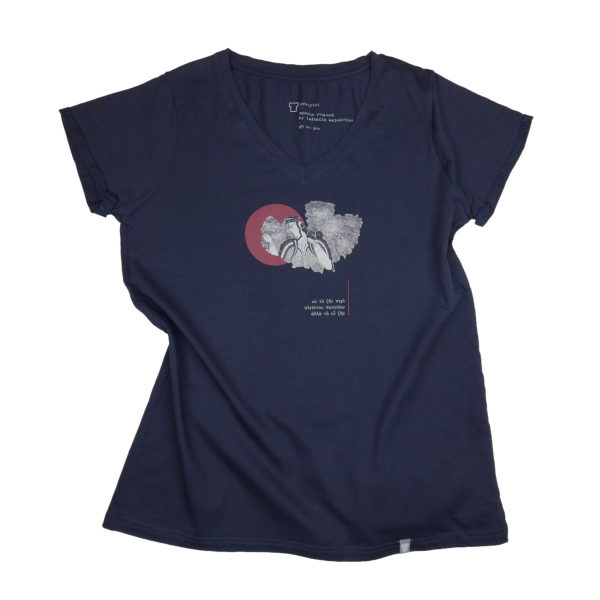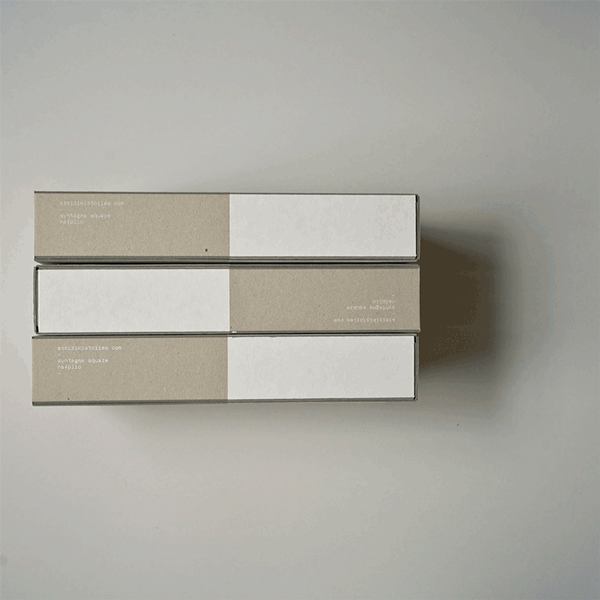> Main story
αρχαίες ρήσεις
by lefteris karafotias
unknown breadwinner
ancient phrases
_
The ancient greek literature has always been a beacon of culture and education for humanity. A characteristic feature is that it places man at the center of interest, with all his passions, weaknesses and ultimately his uniqueness. Through theater, philosophy, arts, the ancient greek spirit has shaped the course of man in history.
> Tee story
5.2 ευ ζην
ου το ζην περί πλείστου ποιητέον, αλλά το ευ ζην / the phrase belongs to the Athenian philosopher Plato (427-347 BC), who states, at his work Kritias, that it’s not worth living to make more profit but to live well, achieving a balance of physical and mental health. The depiction is the famous fresco of the “Mycenaean Lady” from the Acropolis of Mycenae, 13th c. BC.
Other Tees of this story :
4.1 / ελπίδα
5.1 / ευ ζην
4.2 / ελπίδα
2.0 / Μαραθώνας 490 π.Χ.
3.0 / ήθος
1.1 / αρχαία αιγείρα
1.1 / αρχαία αιγείρα
6.2 / το τίμημα της ελευθερίας
6.1 / το τίμημα της ελευθερίας
ευ ζην
35.00€
100% natural cotton
pre-washed/softened
designed & fabricated
in Nafplio/Greece
> Main story
αρχαίες ρήσεις
by lefteris karafotias
unknown breadwinner
100% natural cotton / cut, sewn, embroidered, handmade screen-printed & prewashed locally in our workshop in Nafplio, Greece.
> Tee story
5.2 / ευ ζην /
ου το ζην περί πλείστου ποιητέον, αλλά το ευ ζην / the phrase belongs to the Athenian philosopher Plato (427-347 BC), who states, at his work Kritias, that it’s not worth living to make more profit but to live well, achieving a balance of physical and mental health. The depiction is the famous fresco of the “Mycenaean Lady” from the Acropolis of Mycenae, 13th c. BC.


